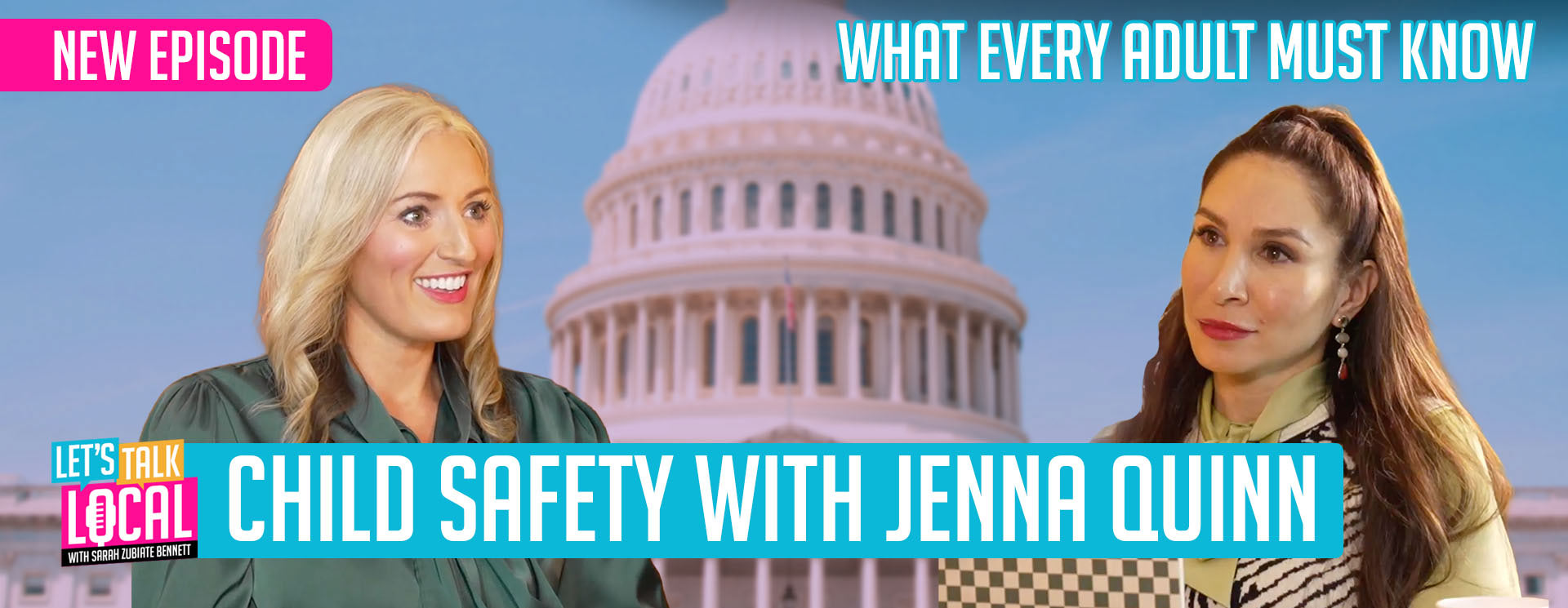A recent Gallup Poll found that nearly 1 in 4 Americans deem polygamy “morally acceptable.” Of those surveyed, 23% found no moral issue with polygamy — up 18 points from 2006.
The results represent a major shift in America’s changing view on marriage. Furthermore, statistics from Gallup suggest a steady increase in acceptance of premarital sex, having a child out of wedlock, same-sex marriage, and divorce.
Dr. Elisabeth “Eli” Sheff, a sociologist and relationship coach who specializes in the study of polyamory, told The Dallas Express that she traces America’s changing views on group marriages to a cultural shift during the 1960s. Sheff asserts that more women became career-oriented and marriage became decoupled from childbearing.
“Perhaps most importantly,” Sheff continued, “younger people have seen that marriage is not all it has been cracked up to be. They have watched their parents cheat on each other and divorce, stay in miserable marriages ‘for the kids,’ and abandon each other when family life becomes inconvenient.”
Sheff suggests that the major shift in Americans’ attitudes has led many to consider group relationships as an option.
Though distinct from the formal arrangement of polygamy, polyamory is another form of multiple-partner relationship that is rapidly growing in the United States.
First coined in 1990, the term has escalated in popularity in recent years, partly due to a rise in visibility. A #polyamory or #polyamorous search on TikTok turns up hundreds of thousands of video results depicting the different dynamics of multiple partners who sometimes reside under one roof. Many videos receive thousands, if not millions of views.
Moreover, reality TV shows like Tiger King and Sister Wives display polyamorous relationships. Even disgraced former FTX CEO Sam Bankman-Fried is alleged to have had a “polycule” that lived together in a Bahaman bungalow.
Beyond the cultural proliferation of multi-partnered relationships, group marriages have also gained some legal headway within the United States. Although all 50 states outlaw the practice, Utah has effectively decriminalized polygamy. Moreover, the city of Somerville, Massachusetts has recently extended formal recognition and protection to multiple domestic partner relationships in an ordinance.
Sheff predicts that if acceptance of different marriage structures continues to grow, Americans could see further evolution of marital law.
“[There may be] a greater diversity of family forms than are currently recognized, because that is the lived reality of society today. Laws will either catch up with that reality or fail to serve the society they purport to structure,” Sheff argues.


